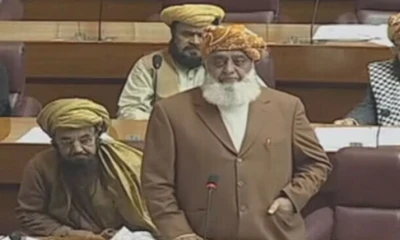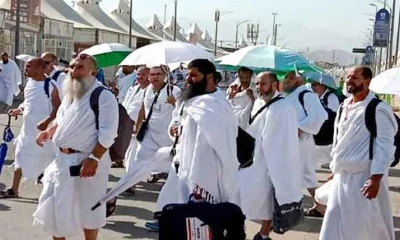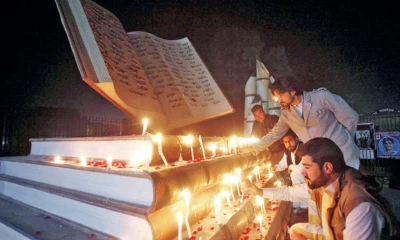Pakistan
Law Minister reacts to UN’s report, defends Imran Khan's detention as internal matter
Azam Nazeer Tarar claims Imran Khan has all the rights according to the country's constitution and law and international standards
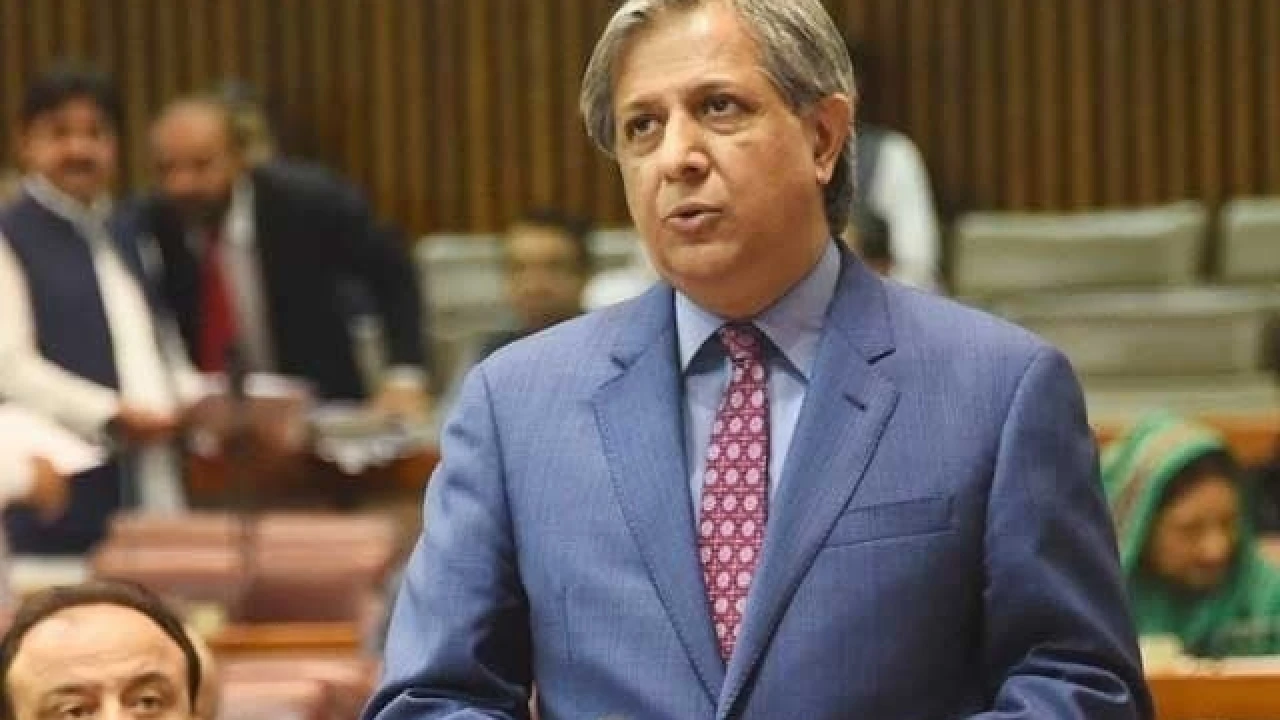
Islamabad: Law Minister Azam Nazeer Tarar responded to a UN report that described the detention of Pakistan Tehreek-e-Insaf (PTI) founder Imran Khan as arbitrary and a violation of international law, asserting that his arrest and the cases against him are an “internal matter,”.
“The PTI founder has all the rights according to the country's constitution and law and international standards,” claimed the law minister on Tuesday.
Imran Khan has faced numerous charges ranging from corruption to terrorism since his removal from office. He has been in jail since last August and was convicted in some cases ahead of a nationwide election earlier this year. He is also battling dozens of other ongoing cases.
Tarar explained that the former prime minister is incarcerated as a convicted prisoner and that, as an independent state, Pakistan's constitution and existing laws are enforced by the courts.
The minister further mentioned that the relief granted to the PTI founder in several cases reflects a transparent and fair trial judicial system.
“Any demand beyond the Constitution, law, and international principles will be considered discriminatory, biased, and against justice,” Tarar emphasized.
Earlier in the day, the United Nations Working Group on Arbitrary Detention said that the detention and prosecution of PTI founder Imran Khan in the Toshakhana and cipher cases were “without legal basis” and politically motivated to exclude him from the political arena.
On August 5, 2023, a trial court in Islamabad convicted Imran Khan in a case filed by the Election Commission of Pakistan (ECP) for concealing details of state gifts, sentencing him to three years in prison.
He was arrested by Punjab police later that day at his residence in Lahore. Following his conviction, the ECP disqualified him for five years, although the Islamabad High Court later suspended his three-year sentence.
The case alleged that Imran deliberately concealed details of gifts retained from the Toshakhana—a repository for presents given to government officials by foreign dignitaries—during his tenure as prime minister, and the proceeds from their reported sales.
The UN body, in its 99th session from March 18-27, reviewed the legal inconsistencies and irregularities in the court proceedings against Imran Khan and concluded that his detention was arbitrary and intended to disqualify him from running for political office.
The working group also criticized the manner of Imran's conviction in the Toshakhana case, which involved a summary judgment delivered in absentia, and his subsequent arrest, during which law enforcement personnel allegedly broke into his residence and assaulted him and his staff.
Furthermore, the working group stated that the prosecution of Imran in the cipher case "lacks a grounding in law," noting that his actions did not appear to violate the Official Secrets Act. The cipher case involved a diplomatic document that the Federal Investigation Agency alleged was never returned by then-Prime Minister Imran Khan, who claimed it contained a threat from the US to topple his government.
Regarding the timing of the prosecutions in multiple cases, the UN group noted the apparent coincidence, which effectively prevented Imran from contesting the general election originally scheduled for November 2023. They found that the prosecutions appeared to be aimed at removing him from the election and restricting his party's participation.
The working group emphasized that in the absence of a rebuttal from the government, the prosecutions seemed related to Imran's leadership of the PTI and aimed at silencing him and his supporters. They concluded that his arrest and detention were arbitrary and recommended his immediate release, compensation, and an independent investigation into the circumstances of his detention.
The PTI described the working group's opinion as a "huge" development. Imran Khan is currently serving a sentence in the Iddat case at Adiala Jail.
His sentences in the Toshakhana cases were suspended, and he was acquitted by the Islamabad High Court in the cipher case.
However, a district and sessions court in Islamabad recently rejected the pleas of Imran and his wife to suspend their seven-year sentences in the Iddat case.
-

 Regional 2 days ago
Regional 2 days agoLandslide hits vehicle in Skardu, kills five
-
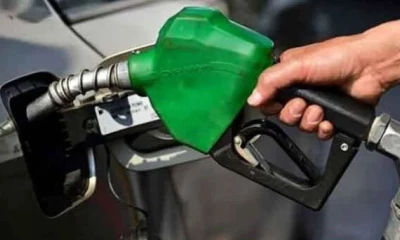
 Business 2 days ago
Business 2 days agoNo change in petrol price for next fortnight
-

 Pakistan 1 day ago
Pakistan 1 day agoShireen Mazari, eight others indicted in GHQ attack case
-
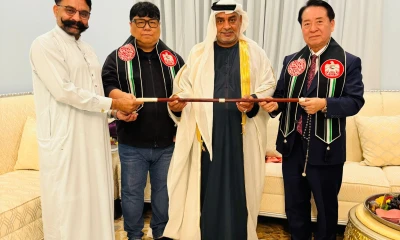
 Business 2 days ago
Business 2 days agoDubai Digital Bank partners with PepeAPT to offer fee-free crypto transfers
-

 Business 1 day ago
Business 1 day agoBloomberg reports 34pc jump in Pakistan's remittances
-
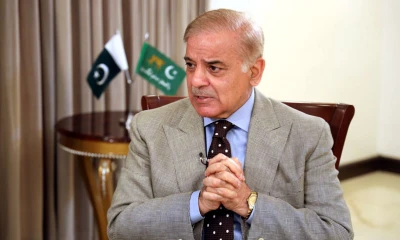
 Pakistan 23 hours ago
Pakistan 23 hours agoPM's claim for damages, PTI founder's petition declared inadmissible
-

 Pakistan 19 hours ago
Pakistan 19 hours agoGreece shares investigative report of boat accident with Pakistan
-

 Sports 20 hours ago
Sports 20 hours agoQuaid-e-Azam Inter-Provincial Games, Punjab tops medal table


